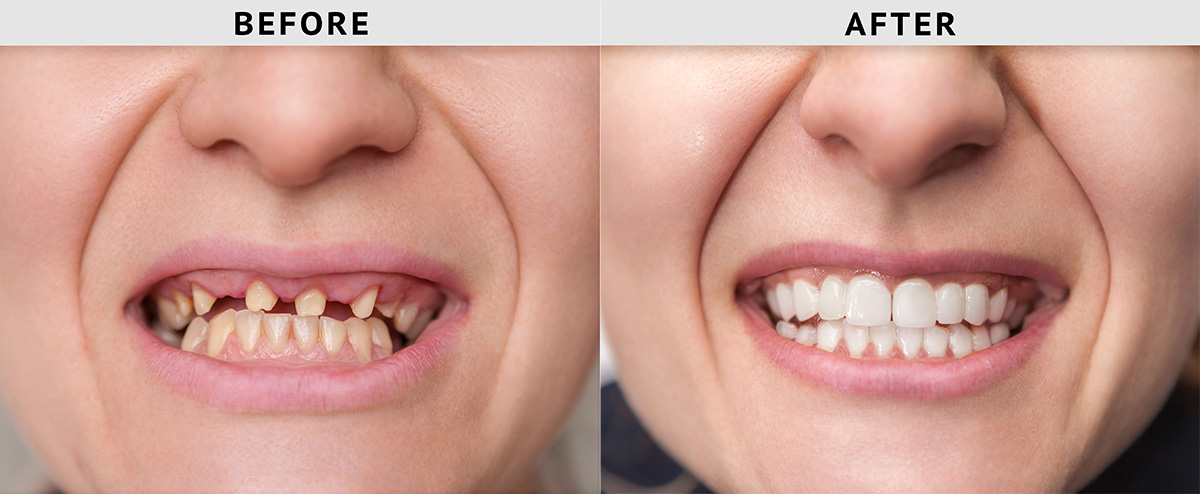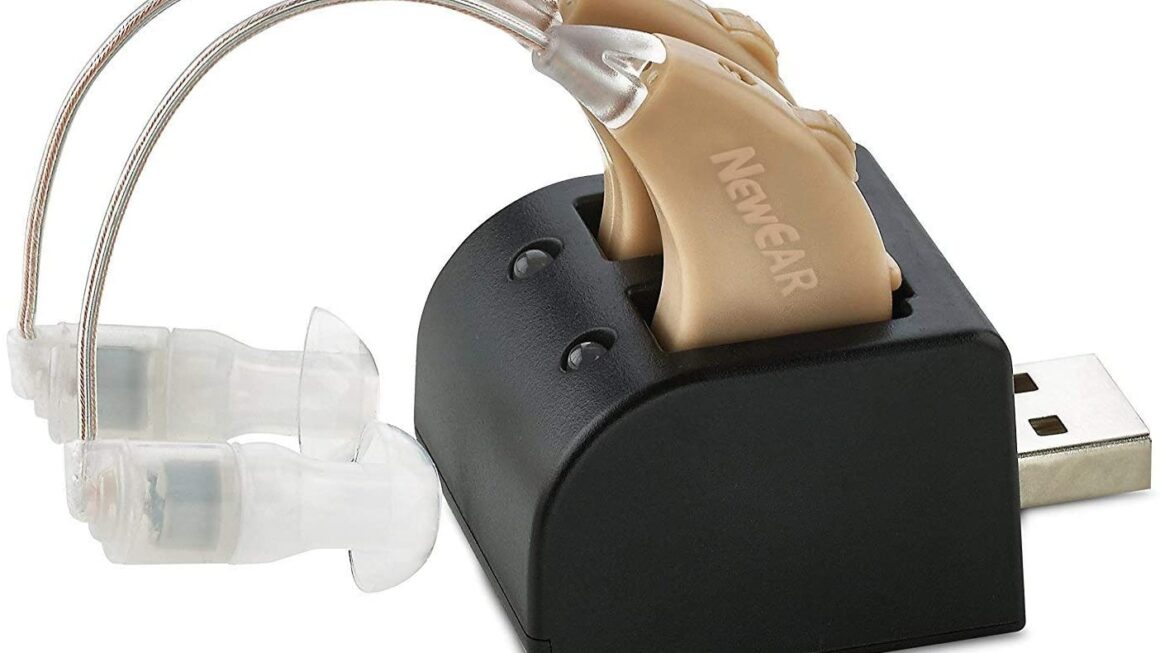Introduction to Missing Teeth Repair
Imagine flashing a confident smile, only to realize that a crucial piece is missing – a tooth. Missing teeth can not only affect your appearance but also impact your oral health and self-confidence. Fortunately, there are various options available for missing teeth repair. In this blog post, we will explore the causes and consequences of missing teeth, different repair options such as dental implants, dentures, and dental bridges, factors to consider when choosing the right option for you, tips for maintaining healthy teeth post-procedure, and more. Let’s dive in and discover how you can restore your smile and confidence!
Causes and Consequences of Missing Teeth
Missing teeth can result from various causes, including tooth decay, gum disease, trauma to the mouth, or congenital conditions. Poor oral hygiene practices can also lead to tooth loss over time. When teeth are missing, it can impact not only your smile but also your ability to chew food properly and speak clearly.
In addition to the physical consequences of missing teeth, there can be emotional effects as well. Many people feel self-conscious about gaps in their smile, which may affect their confidence and social interactions. Moreover, adjacent teeth may shift into the empty space over time, causing misalignment issues and potential jaw pain.
To prevent further complications associated with missing teeth, it’s essential to consider repair options that best suit your needs and lifestyle. Dental implants offer a permanent solution that functions like natural teeth. Dentures provide a removable option for replacing multiple missing teeth. Dental bridges are another fixed option that can restore both function and aesthetics to your smile.
Understanding the causes and consequences of missing teeth is crucial in making an informed decision about how to address this issue effectively for optimal oral health and overall well-being.
Different Options for Missing Teeth Repair
When it comes to repairing missing teeth, there are several options available to restore your smile and oral health. Dental implants are a popular choice for many due to their durability and natural appearance. These titanium posts act as artificial tooth roots, providing a strong foundation for replacement teeth.
Another option is dentures, which come in both full and partial forms. Full dentures replace an entire arch of missing teeth, while partial dentures can fill gaps between remaining natural teeth. They are removable and offer flexibility for those with multiple missing teeth.
Dental bridges are fixed prosthetic devices that literally bridge the gap created by one or more missing teeth. They consist of crowns on either side of the gap with a false tooth in between, helping maintain facial shape and prevent remaining teeth from shifting.
Each option has its own benefits and considerations based on individual needs and preferences. Consulting with a dental professional can help determine the best solution for your specific situation.
Dental Implants: Benefits and Considerations
Dental implants are a popular and effective solution for missing teeth repair. One of the key benefits of dental implants is their durability – they can last a lifetime with proper care. Unlike dentures, implants are fixed in place, providing stability and functionality similar to natural teeth.
Another advantage of dental implants is their ability to maintain bone health in the jaw by stimulating growth and preventing deterioration. This helps preserve facial structure and prevent sagging over time. Additionally, dental implants look and feel like real teeth, allowing for natural speech and chewing abilities.
When considering dental implants, it’s important to consult with a qualified dentist to assess candidacy and discuss the procedure in detail. Implants require oral surgery for placement, which involves a healing period before attaching the artificial tooth or crown on top.
Dental implants offer long-term benefits for those seeking a permanent solution to missing teeth that enhances both aesthetics and functionality.
Dentures: Types and Pros/Cons
When it comes to replacing missing teeth, dentures are a popular option that many people consider. There are two main types of dentures: full and partial. Full dentures are used when all the natural teeth are missing, while partial dentures replace only a few missing teeth.
One of the advantages of dentures is their affordability compared to other options like dental implants. They can also restore functionality for chewing and speaking, improving overall quality of life for those with missing teeth.
On the downside, some people find dentures uncomfortable or bulky in their mouths. Adapting to speaking and eating with dentures may take time and patience as well. Additionally, there is a maintenance aspect involved in keeping them clean and ensuring proper fit over time.
Choosing dentures as a missing teeth repair option involves weighing these pros and cons to make an informed decision based on individual needs and preferences.
Dental Bridges: How They Work and When to Consider Them
Dental bridges are a popular option for replacing missing teeth. They consist of artificial teeth that are anchored in place by crowns on the adjacent natural teeth. This creates a bridge that fills in the gap left by missing teeth, restoring both function and aesthetics to your smile.
When considering dental bridges, it’s important to consult with your dentist to determine if you are a suitable candidate for this treatment. Dental bridges work best when there are healthy natural teeth on either side of the gap to support them. Your dentist will assess your oral health and discuss whether dental bridges are the right option for you.
One benefit of dental bridges is that they can improve chewing and speaking abilities affected by missing teeth. They can also help maintain the shape of your face and prevent surrounding teeth from shifting out of place due to gaps. Additionally, dental bridges can enhance your smile and boost confidence in social situations.
Dental bridges offer a reliable solution for replacing missing teeth and restoring oral function. If you’re considering this option, be sure to weigh the benefits against any potential drawbacks before making a decision with your dentist’s guidance.
Factors to Consider When Choosing a Missing Teeth Repair Option
When deciding on the right missing teeth repair option, there are several factors to consider. One important aspect is your overall oral health and jawbone structure. Dental implants may require a healthy jawbone for successful placement, while dentures or bridges could be alternatives if bone density is an issue.
Cost is another crucial factor to think about when choosing a missing teeth repair option. Dental implants tend to have a higher upfront cost but can be more durable in the long run compared to dentures or bridges. It’s essential to weigh the initial investment against the potential longevity of each option.
Additionally, consider your lifestyle and preferences. Some people prefer the permanence and natural feel of dental implants, while others may opt for the convenience and affordability of dentures. Consulting with your dentist can help you determine which option aligns best with your needs and expectations.
Think about maintenance requirements for each type of restoration. Regular check-ups and proper oral hygiene practices will be necessary regardless of which missing teeth repair option you choose.
Tips for Maintaining Healthy Teeth After the Procedure
Once you’ve undergone a missing teeth repair procedure, it’s essential to take care of your oral health to ensure the longevity of the treatment. Brushing your teeth twice a day with fluoride toothpaste is crucial in preventing decay and maintaining overall oral hygiene. Don’t forget to floss daily to remove plaque and food particles from between your teeth.
Regular dental check-ups are key in monitoring the condition of your repaired teeth and catching any issues early on. Following any specific post-procedure instructions provided by your dentist is vital for optimal healing and results. Avoid chewing on hard foods or using your repaired teeth as tools to prevent damage.
Limit sugary snacks and drinks that can contribute to tooth decay, and opt for a balanced diet rich in nutrients that support strong teeth. Stay hydrated by drinking plenty of water throughout the day for good saliva production, which helps protect against cavities. Remember, taking care of your oral health post-procedure plays a significant role in maintaining a healthy smile for years to come!
Conclusion
In considering the right missing teeth repair option, it is crucial to weigh the benefits and considerations of each choice. Whether you opt for dental implants, dentures, or dental bridges, ensuring that your decision aligns with your individual needs and lifestyle is key.
Remember to consult with your dentist to discuss which option would be best suited for you based on factors such as oral health, budget, and long-term goals.
By choosing a suitable missing teeth repair solution and maintaining good oral hygiene post-procedure, you can restore both function and aesthetics to your smile. Your journey towards a healthier mouth begins with making an informed decision about how best to address missing teeth.












